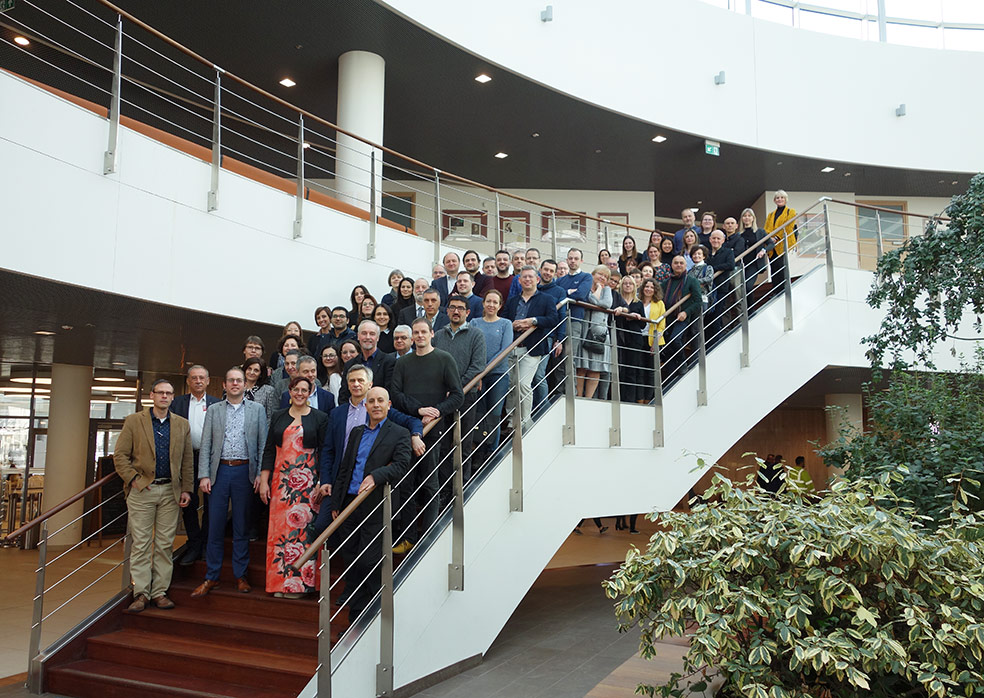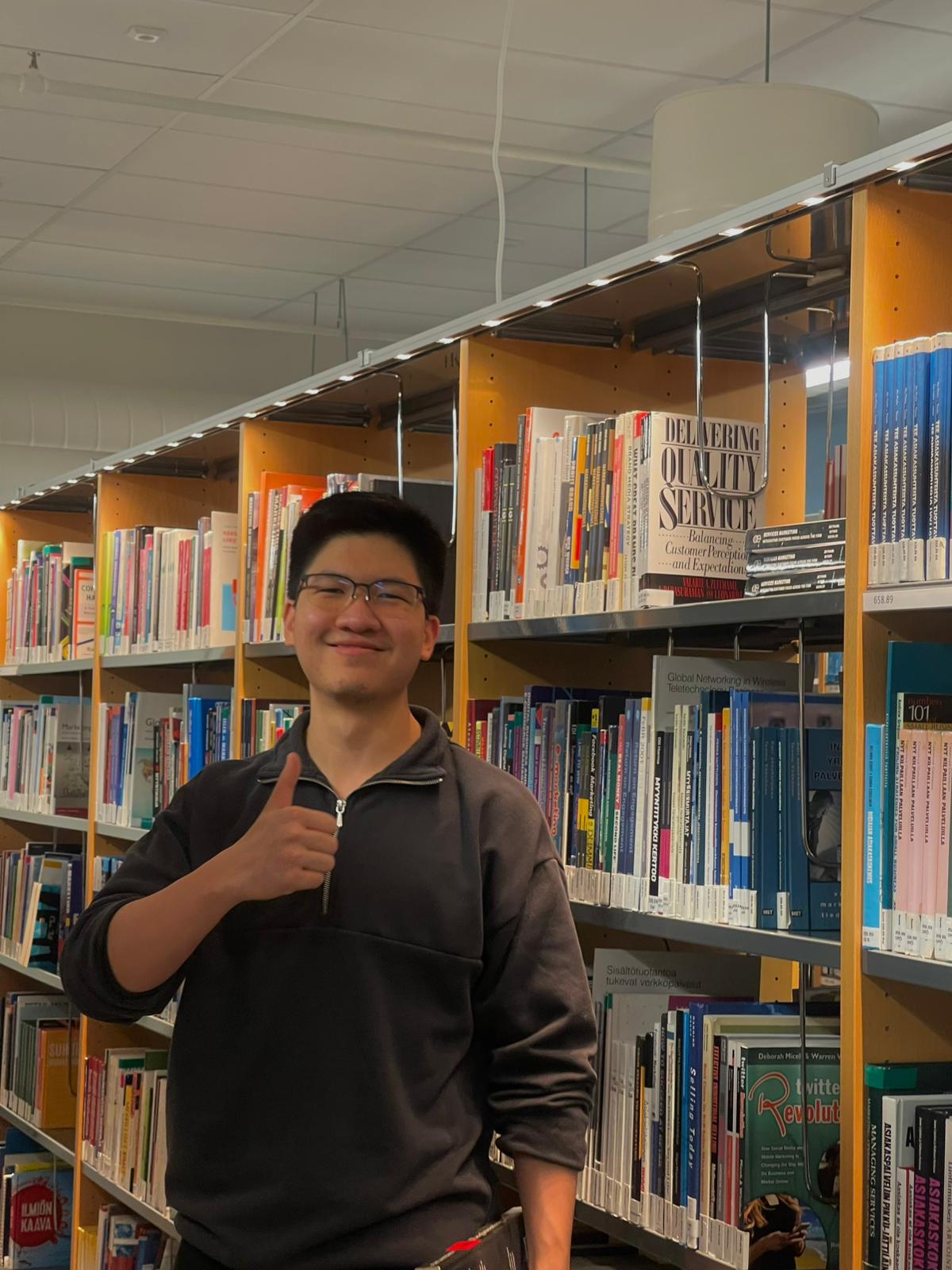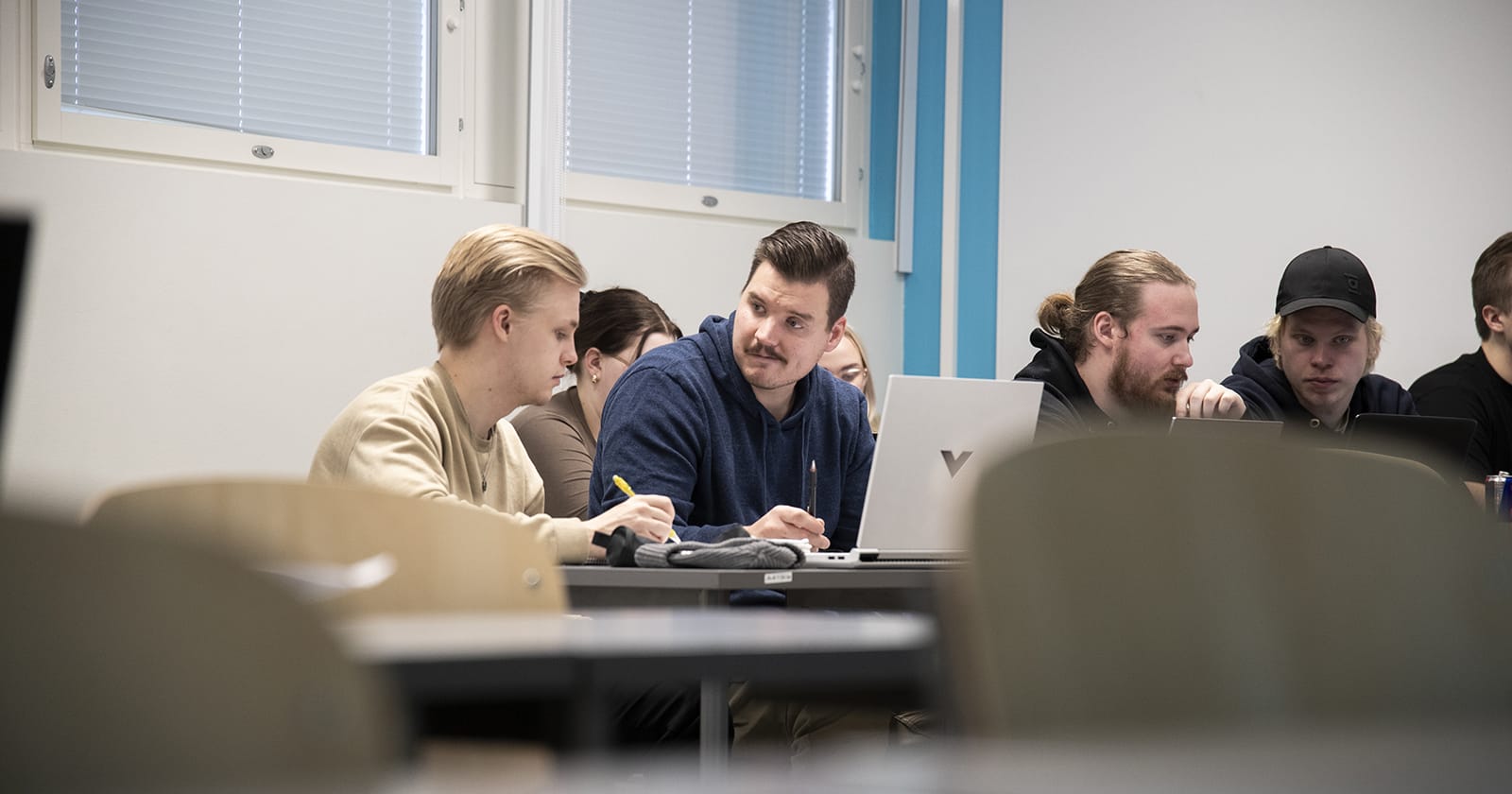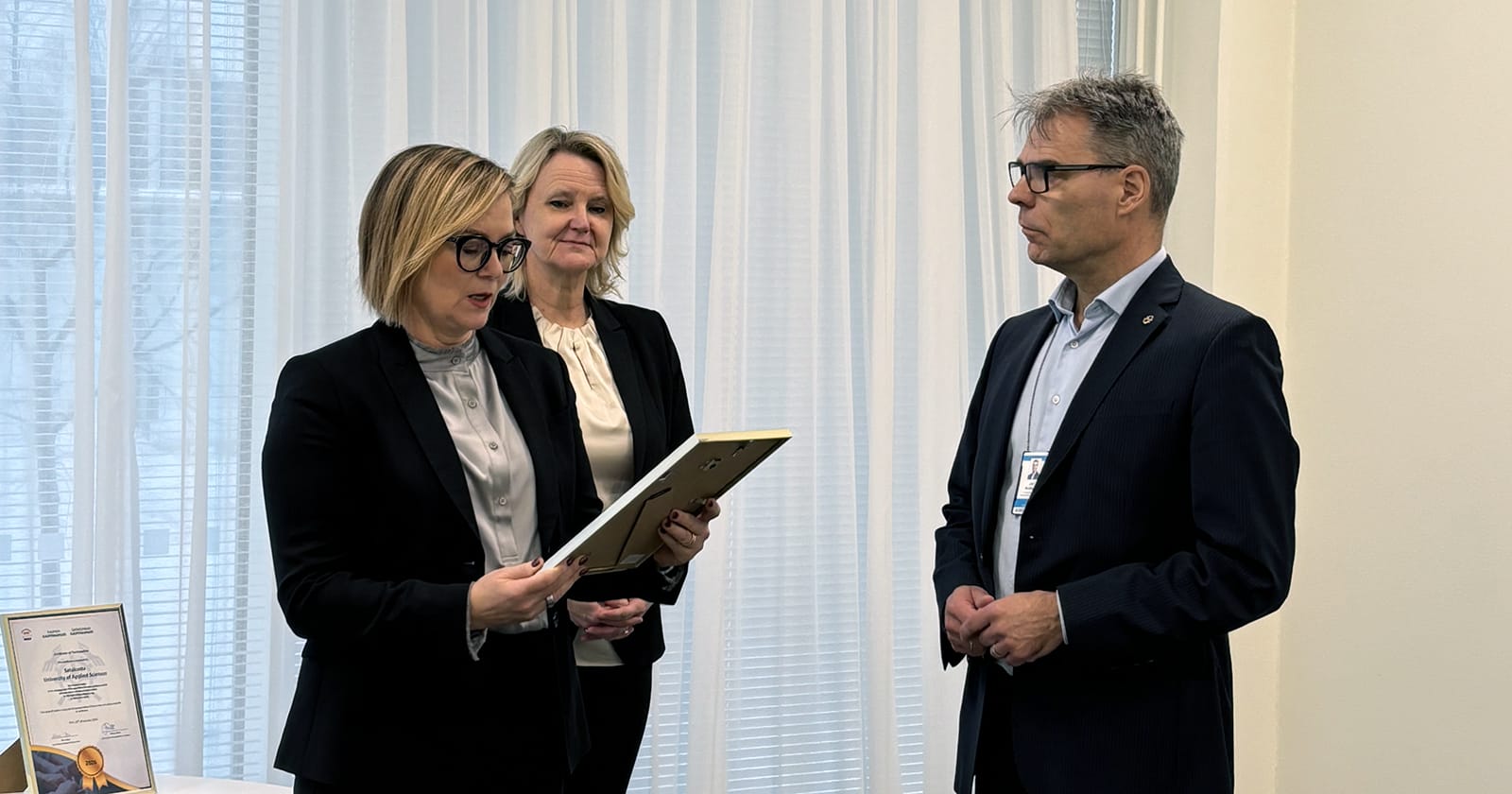Touch surfaces for the battle against microbes developed in European cooperation

Health care hygiene in a vital role
Annually, millions of people get a health care associated infection (HCAI). In worst case these infections lead to death of patients. Microbes, such as viruses, spread mostly through touching, either straight from human to human or from human to human through surfaces. The most efficient measure in infection prevention and control is hand hygiene, combined with efficient cleaning practices.
Antimicrobial surfaces are part of the solution
Surfaces that have an intrinsic capacity to eliminate microbes support the fight against microbes. The antimicrobial (microbe growth reducing) efficacy of copper and silver has been known for long. New substances and coatings are developed by research projects and companies to be utilized especially on frequently touched surfaces. Still, the current challenge is to prove the effectiveness of these new coatings in real-life health care settings. Pilot studies have been made globally, as well as in Satakunta, Finland. The aim of the future is to develop the use of the coatings as a whole.
AMiCI network for new hygienic solutions
Researchers, companies and health care experts have studied and developed antimicrobial surfaces in a European-wide (33 countries) COST AMiCI network, which is led by the Satakunta University of Applied Sciences (SAMK), Finland. AMiCI has developed antimicrobial surfaces to prevent the spread of infectious diseases in health care settings, especially high touch surfaces (excluding medical devices). The work continues from May 2020 onwards in the AMiCI ePlatform project, which is also led by SAMK. Chair of the action Dr. Minna Keinänen-Toivola says the critical matter is to ensure the antimicrobial activity in real-life health care settings. If the coating is efficient, then the goal is to get it to market as soon as possible.
– ePlatform is a solution that guides testing in real-life settings. In addition, we develop a business plan, which organizations can use when they head for the market. In ePlatform, a decision-making tool is made for hospitals for taking the antimicrobial surfaces in use, tells Keinänen-Toivola.
There are many requirements for antimicrobial surfaces, as they must be easy to clean but extremely durable. The goal in using antimicrobial coatings is to minimize health risks and even deaths.
The coranavirus pandemic has already shown that infection control requires comprehensive solutions as well as strengthening current practices. Antimicrobial surfaces are one potential solution to the problem.
Satakunta University of Applied Sciences leads the cooperation
At SAMK, systematic work within the theme of antimicrobial coating innovations started in 2012. SAMK has led the four-year COST AMiCI project and will continue with leading the new COST Innovators Grant (CIG) project AMiCI ePlatform (ePlatform for a “test bed” tool across EU for antimicrobial coating solutions in health care entering to the market).
Financer’s information on CIG: https://www.cost.eu/news/cost-innovators-grant-4-applications-approved/
COST AMiCI project: www.amici-consortium.eu
More information:
Dr. Minna Keinänen-Toivola, chair of the action and team
Satakunta University of Applied Sciences
minna.keinanen-toivola@samk.fi, +358 44 710 3063


